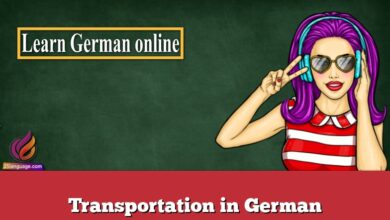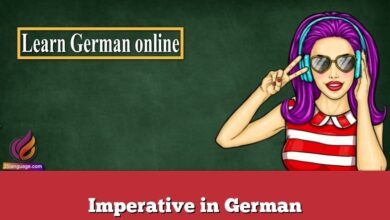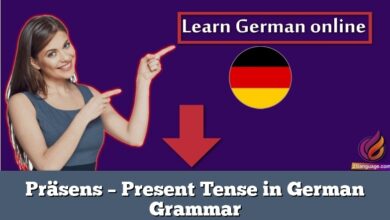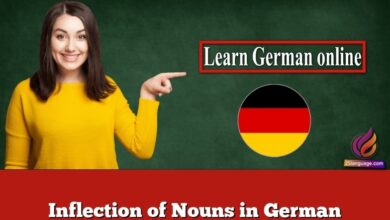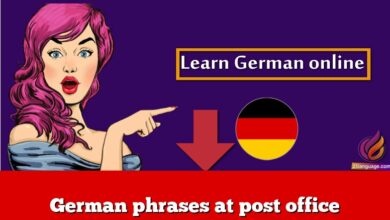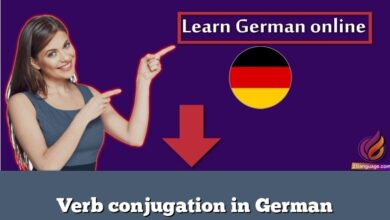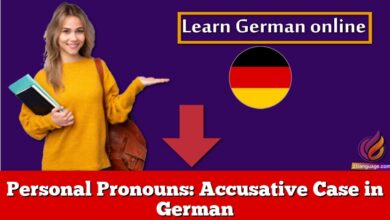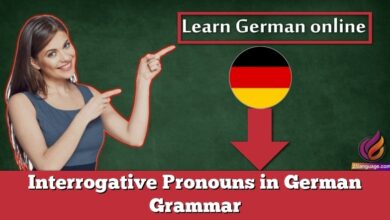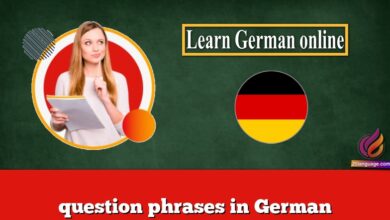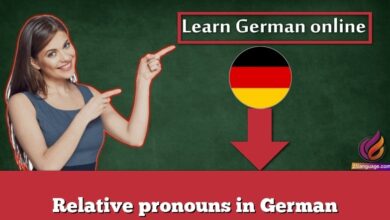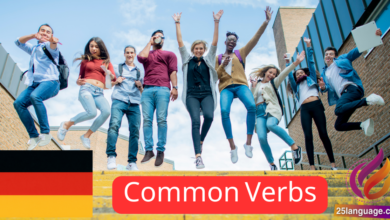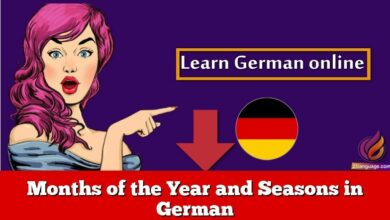present perfect in German
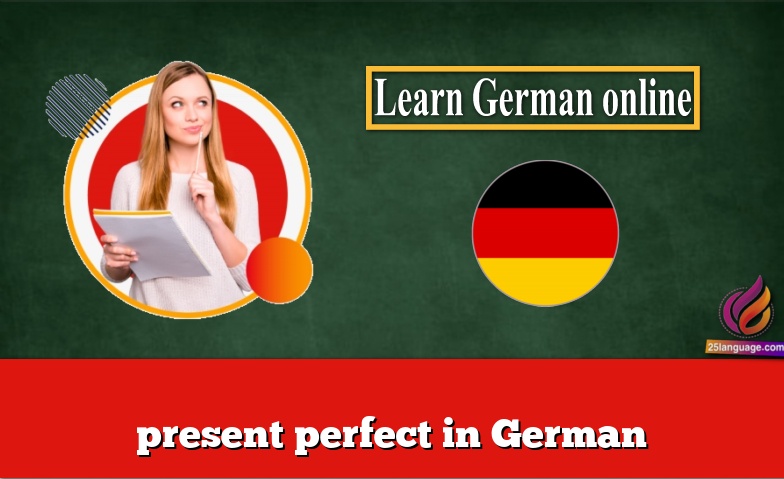
The present perfect tense, also known as Perfekt, is an important aspect of German grammar. Here are some reasons why it is necessary:
- Describing Past Actions: The present perfect tense is used to talk about actions or events that have happened in the past but have a connection to the present. It allows you to describe past experiences, completed actions, or ongoing situations that have relevance or impact on the present moment.
- Conversational Fluency: Learning the present perfect tense enables you to communicate more fluently in everyday conversations. Being able to express past actions and experiences with the present perfect tense allows for more engaging and dynamic interactions with native German speakers.
- Storytelling and Narration: The present perfect tense is commonly used in storytelling and narration.
| English | German |
|---|---|
| I have visited Berlin. | Ich habe Berlin besucht. |
| She has finished her homework. | Sie hat ihre Hausaufgaben beendet. |
| We have seen that movie before. | Wir haben den Film schon einmal gesehen. |
| He has learned to play the piano. | Er hat Klavierspielen gelernt. |
| I have read that book. | Ich habe das Buch gelesen. |
| She has traveled to Italy. | Sie ist nach Italien gereist. |
| We have eaten at that restaurant. | Wir haben in diesem Restaurant gegessen. |
| He has spoken to the manager. | Er hat mit dem Manager gesprochen. |
| I have studied German for two years. | Ich habe zwei Jahre lang Deutsch studiert. |
| She has bought a new car. | Sie hat ein neues Auto gekauft. |
| We have lived in this city for five years. | Wir leben seit fünf Jahren in dieser Stadt. |
| He has written a letter to his friend. | Er hat einen Brief an seinen Freund geschrieben. |
| I have met interesting people at the party. | Ich habe interessante Leute auf der Party getroffen. |
| She has worked at that company before. | Sie hat bereits bei dieser Firma gearbeitet. |
| We have had a great time on our vacation. | Wir haben eine tolle Zeit im Urlaub gehabt. |
| He has won the competition. | Er hat den Wettbewerb gewonnen. |
| I have cooked dinner for my family. | Ich habe Abendessen für meine Familie gekocht. |
| She has learned a new skill. | Sie hat eine neue Fähigkeit gelernt. |
| We have visited many museums in this city. | Wir haben viele Museen in dieser Stadt besucht. |
| He has finished his project on time. | Er hat sein Projekt rechtzeitig abgeschlossen. |
| I have bought groceries from the store. | Ich habe Lebensmittel im Laden gekauft. |

